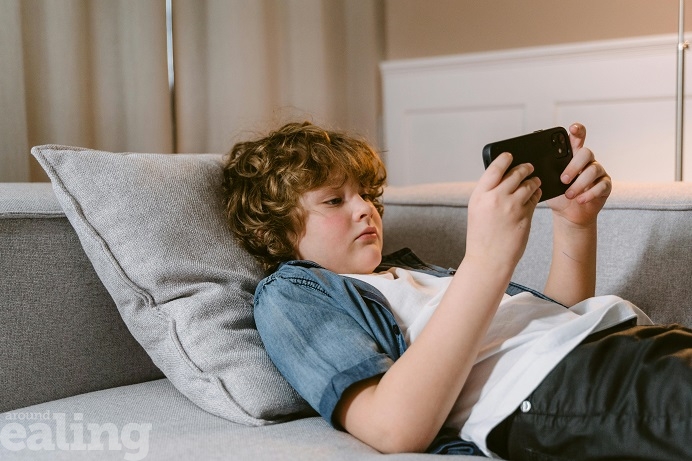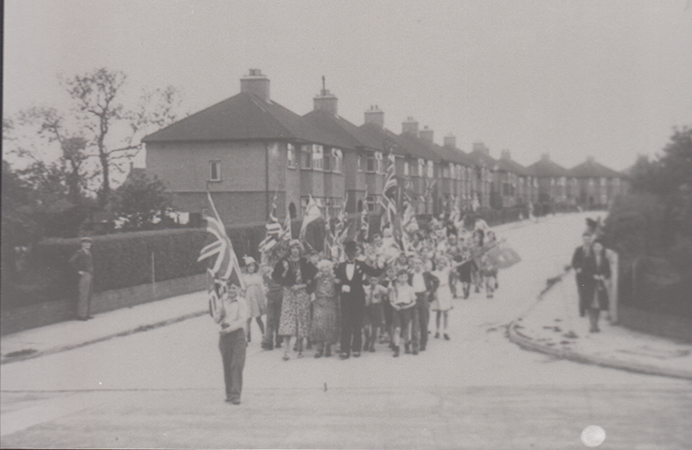More than 70 primary schools in the borough have pledged to go smartphone free.
Many parents have already been sent letters highlighting the potential risks posed by children using smartphones, and outlining the steps schools are taking to manage them.
It comes as primary schools mark Children’s Mental Health Week (Monday 3 February to Sunday 9 February) with this year’s theme being ‘know yourself, grow yourself.’
A national campaign called Smartphone Free Childhood is highlighting evidence that smartphones and social media can have a negative impact on the wellbeing and achievement levels of children and teenagers, including lowering their attention span, affecting sleep, and increasing the risks of cyber-bullying.
Apps on smartphones can also be highly addictive, expose children to adult content and distract students from learning important life skills.
Children are now often receiving their first phones in primary school, with more than 90% of 12-year-olds having a smartphone.
It’s for this reason that local primary schools are coming together to act.
While policies differ, the sentiment of the schools pledging their support remains the same.
Sharmaine Yoosuf is the headteacher of Hobbayne Primary School, one of the primary schools supporting the smartphone free campaign.
She said the issue of smartphones was raised by a number of parents, who were feeling a lot of pressure to buy their children their first phones.
‘It’s changed our school’
Ms Yoosuf said: “They were worried about the effects of smartphones and asked if we could consider going smartphone- free.”
But she said the school is taking a more proactive approach than just banning smartphones.
She explained: “You can’t take something away from children without offering some form of alternative, especially if it’s something they’re used to.”
She added: “We started talking to our Year 6 students about this. They need to know why adults are concerned and why they’re too young to have one just yet, as well as what it means to have a smart phone, what you do, and how many hours you should spend using them.”
To reduce pupil’s screen time and show that there are alternatives to spending time on phones, the school invested in 50 more books for Year 3 to 6 pupils.
Ms Yoosuf said: “It’s changed our school. The children understand there are other things they could be doing rather than scrolling on their phones.”
‘It does limit their childhood’
Ms Yousuf said she has heard some horror stories from parents about children being exposed to adult content.
She explained: “As well as being highly addictive it can have a lasting effect on children’s brains which are still developing. We’ve been told about boys watching videos about taking steroids to achieve a better physique and girls watching videos that give a skewed perspective on beauty standards.
“It does limit their childhood and robs them in many ways. You hear about children going to bed at 1 or 2am because they’re gaming on their phones or sending messages.”
Some schools are encouraging parents to purchase a simple ‘brick’ phone if they need to contact their children while they travel to and from school – in other words, a phone that is purely for calling and texting and isn’t internet-enabled.
‘Clear link to mental health issues’
Grace Morgans is the mother of a child who attends Hobbayne Primary School.
She said: “Ultimately, it remains a personal decision for each family and household as to whether or not to give their child a smartphone at home. However, there is now research showing a clear link between the age a child receives their first smartphone and mental health issues in young adulthood and as such, personally, I am pleased that Hobbayne and lots of other local schools are supporting the idea of alternative devices being brought on to school premises.”
Educating about the dangers
Councillor Josh Blacker, Ealing Council’s cabinet member for a fairer start, said: “It’s wonderful to see primary schools taking strides to educate children about the dangers of smartphones.
“We live in a world where technology is incredibly accessible, so it’s important our children and young people are aware of the dangers.
“It’s great to see so many of our excellent schools coming together to safeguard pupils and having those difficult conversations.”
A total of 72 primary schools from across the borough have pledged their support to the smartphone free campaign.
You can find out more information, including the list of schools on the Ealing Grid for Learning website.







